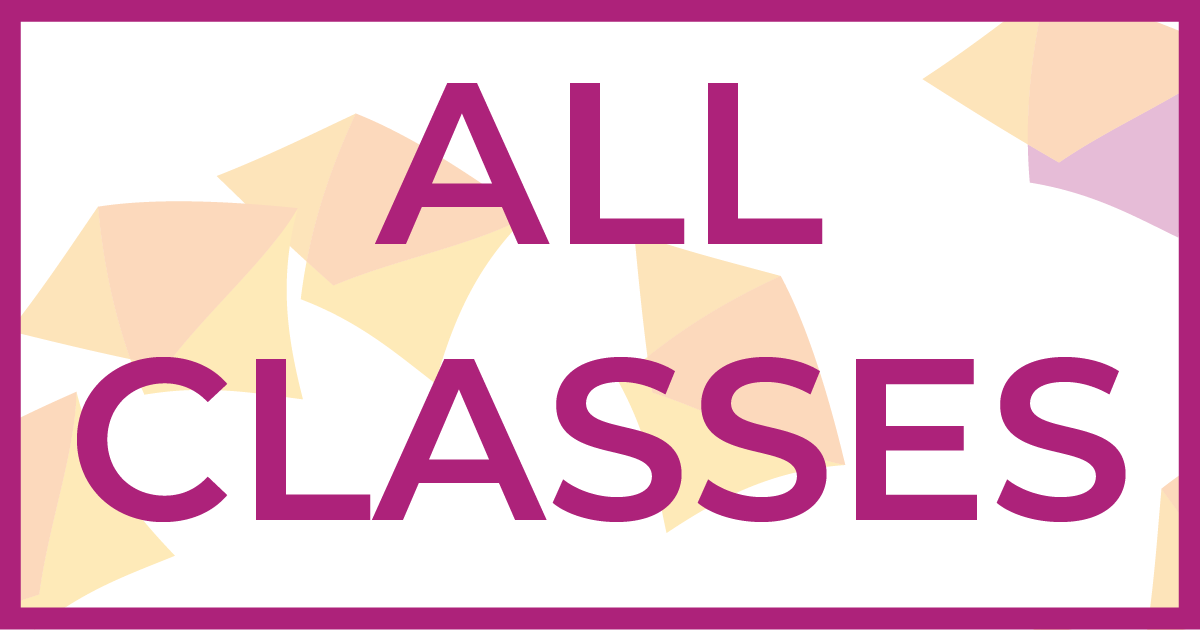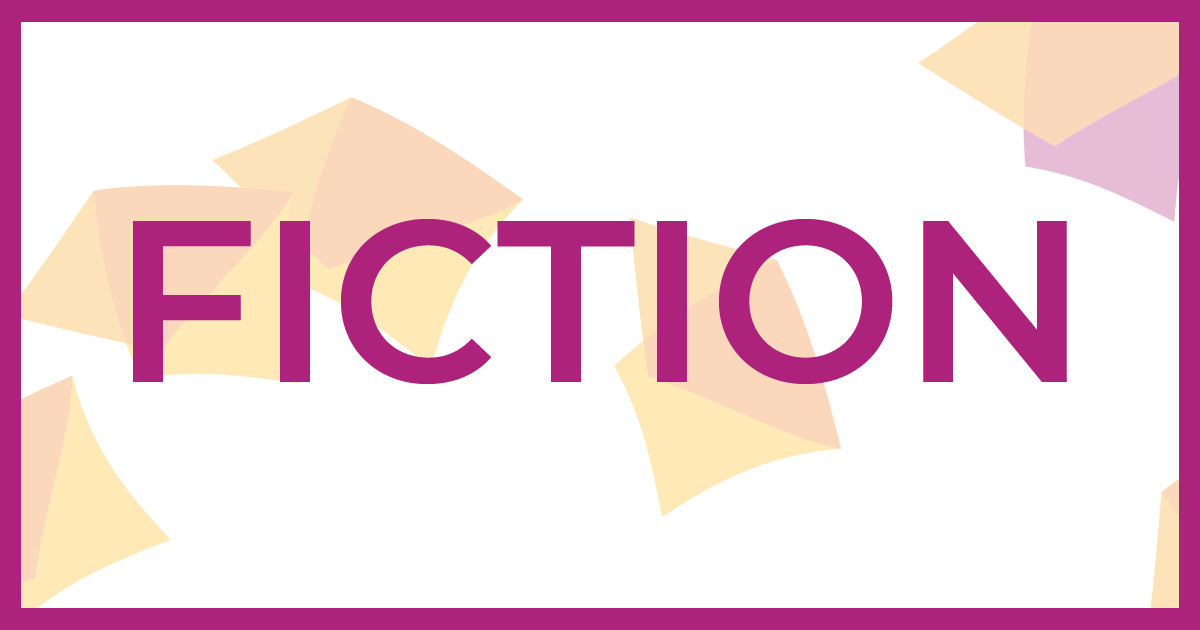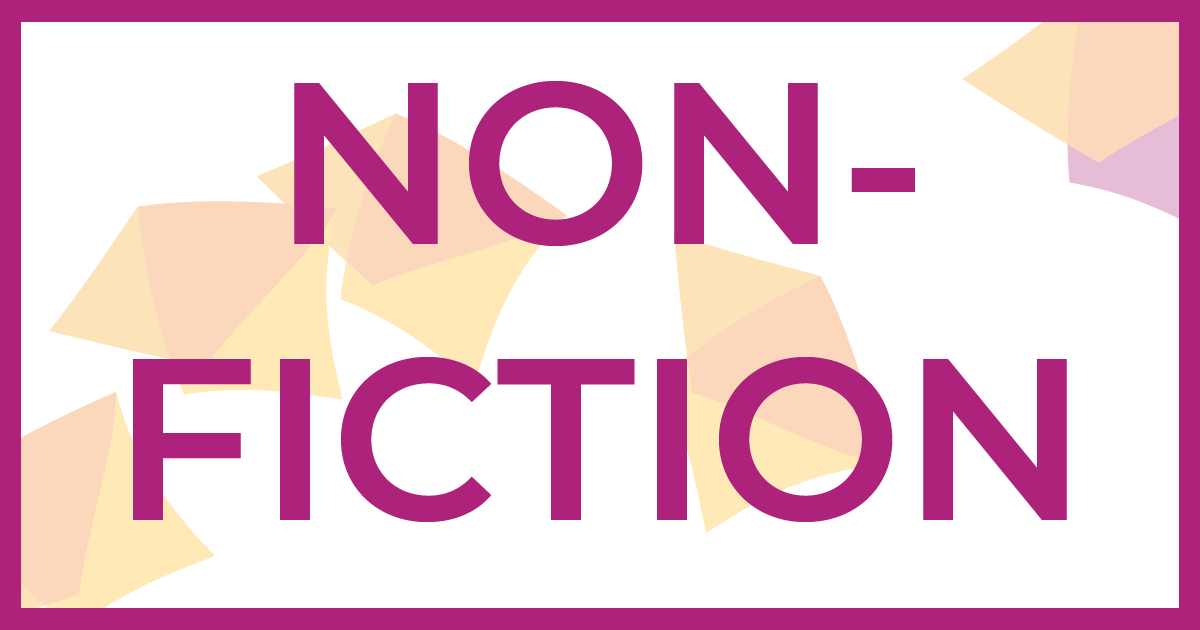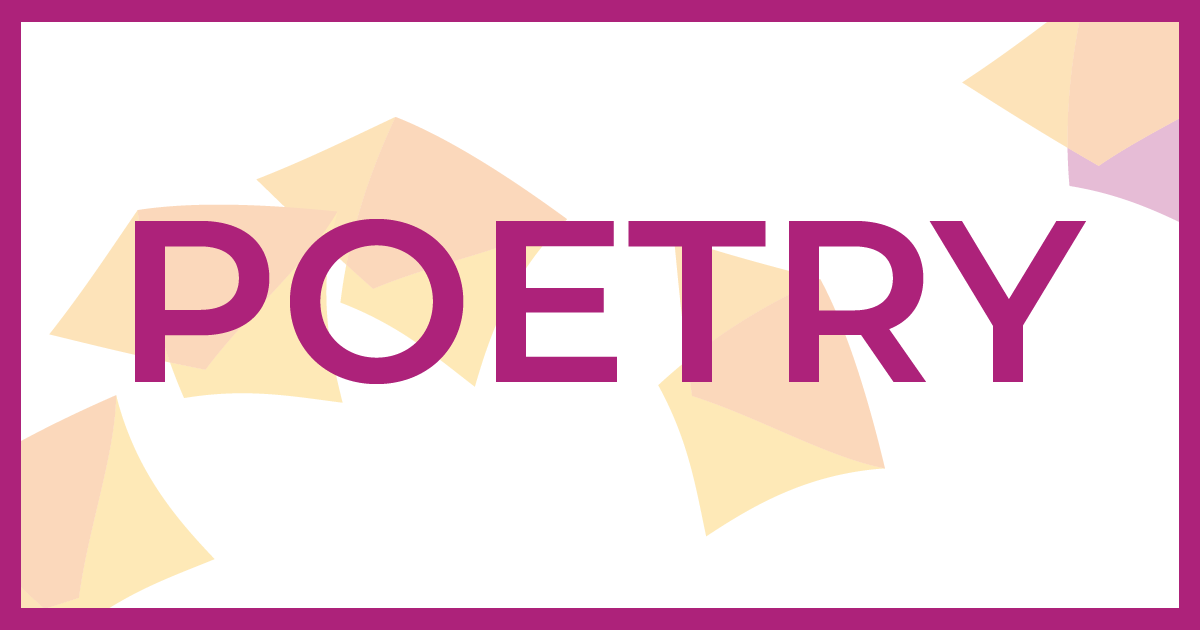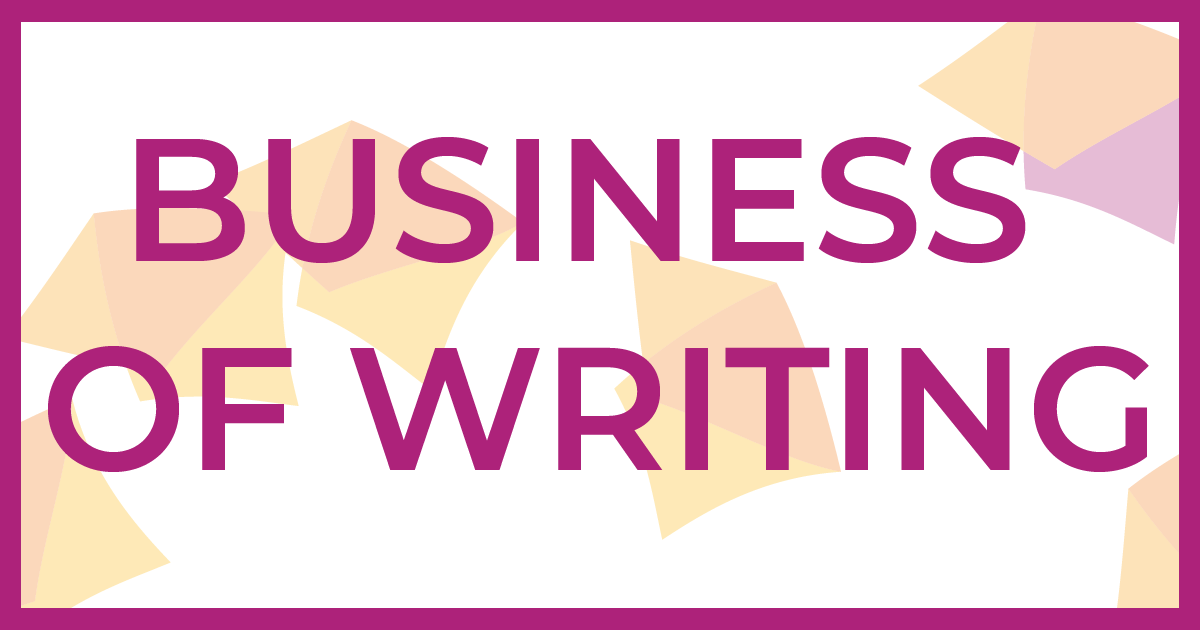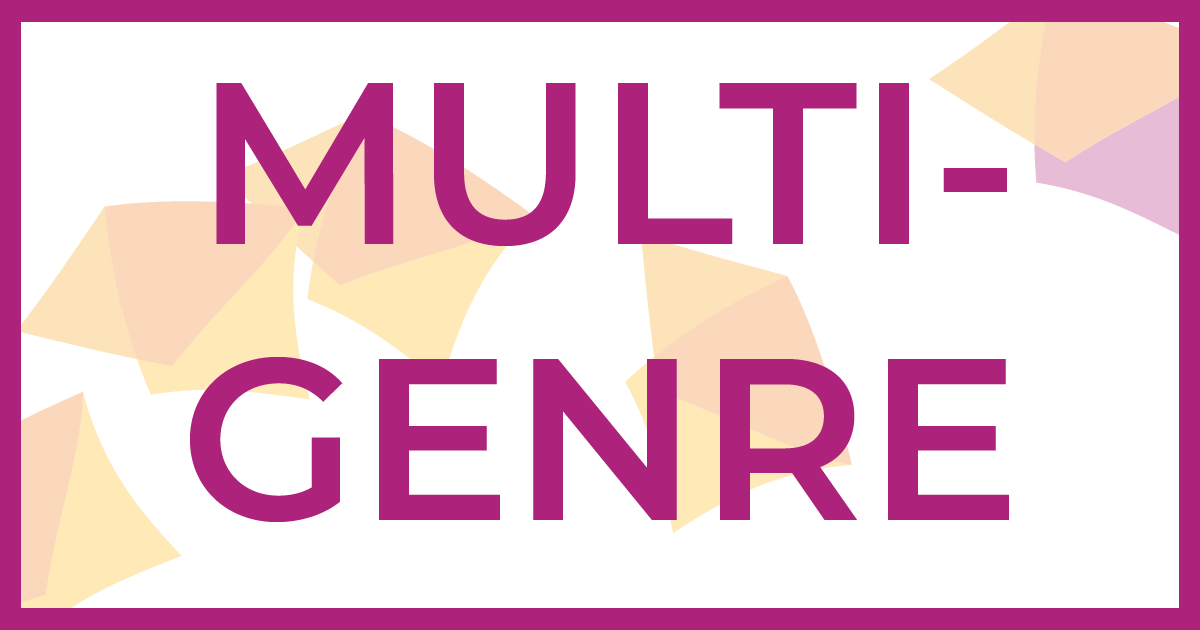Charlotte Lit Class Archive
Since Charlotte Lit began in 2016, we’ve offered hundreds of writing and literature-based classes. This class-list archive (in progress) will give you a flavor of what we do here.
2024-25
POETRY
Epiphany in 14 Lines
AE Hines
Using examples from several master poets, we will discuss how writing “the American Sonnet” encourages surprise leaps and discoveries and places creative pressure on each line.
“From my heart through my breath into a line”: Breath as Meaning in Poetry: A Master Class
Tyree Daye
What is your natural syllabic line count and its connection to the meaning being made in a poem? What new syllabic approaches can we discover?
Joining the Conversation: Finding and Celebrating Your Voice
Junious “Jay” Ward
What is voice? Or maybe the question you’ve been struggling with is what is your voice? This workshop utilizes discussion, reading of poems, and practical writing exercises to determine the most notable elements of your voice and how to strengthen it.
Real-Life Truths Outside and Inside the Poetic Narrative: A Master Class
Jaki Shelton Green
To shake loose our stories and invigorate language and form, it can be helpful to borrow from the documentarian’s tools — news articles, recipes, letters, photographs, diaries, documents, creative texts.
Six Weeks, Six Poems
Christopher Davis
Enjoy this opportunity to stretch and grow creatively, working with other poets to discover new material; breaking through imaginative boundaries; and finding new voices, images and possibilities for your poetry.
The Contemporary Love Poem: A Master Class
Chen Chen
In this generative class we’ll discuss and practice a range of approaches to the love poem—or the poem that talks about love.
The Functioning Image
Julie Funderburk
This class takes a fresh look at the teacher’s favorite element of poetry — the image. We’ll consider the relationships between imagery and other elements, such as story and rhetoric.
Thinking Small: Haiku and Other Micro-forms as the Artist’s Journal
C.T. Salazar
In this class, we’ll study the qualities of micro-forms in poetry from haiku to American micro-forms, and how they can help poets build regular writing practices rooted in attention to and participation with the world around us.
Turning Grief into Verse
Angelo Geter
This workshop will explore how poetry can transform our relationship with grief by using elegies, language, and imagery to relinquish pain, give power, and honor our losses.
Under a Slender Moon: Poems of Affirmation and Praise
Danusha Laméris
In this workshop, we’ll explore poems that affirm humanity in the face of challenge and darkness.
FICTION
Cracked: Exploring the Fractured Point of View in Storytelling
Michael Sadoff
Fiction is rife with characters who for myriad reasons can’t distinguish the real from the imagined. When crafting this type of story, how you as author position yourself in the character’s fractured mind can make the difference between confusing your reader or bringing them along willingly for the ride.
Fiction in Five Weeks
Paula Martinac
Take your fiction to the next level with instruction on such topics as beginnings, what makes a piece of fiction compelling, characterization tricks and tools, and manipulating time in fiction.
Four Weeks, Four Flash
Tara Campbell
How do you fit the world into a flash? Join us in this generative class to learn the art of creating compact, satisfying stories in fewer than 1,000 words.
Read Like a Writer
Kathryn Schwille
Explore fiction by learning to read like a writer — alert to the craft on the page. Kathryn Schwille leads this signature series, exploring stories from award-winning authors.
The Power of Implication: Or, We’re All Just Squirrels Here
Kathryn Schwille
In this class we’ll examine how writers use explicit and implicit information to reveal character, depict moments of realization and even such mundane feats as getting characters in and out of a room.
Using True Crime to Write Engaging Fiction
Cathy Pickens
This class will examine a variety of crime research sources for developing plot ideas, characters, motives, forensics, and investigation techniques for your writing projects.
What Dwells Between the Lines: Writing Remarkably Brief Fiction
Kevin Morgan Watson
In this workshop, the publisher and editor in chief of Press 53 introduces writers to its free, monthly 53-Word Story Contest and discusses the craft of telling a story in only a few words.
CREATIVE NONFICTION
Adding Resonance Through Research
Ashley Harris
You’ve got an idea for a personal essay, or maybe you’ve even started drafting it, and now the true fun begins. In this workshop, we’ll explore techniques to enhance your story through research from sources such as movies, art, books, and online sources.
Compressed Words, Expansive Impact: Flash Essays and Social Change
Patrice Gopo
This course will consider the unique ways the flash essay form speaks into the conversations happening in the broader world.
Five Weeks, Five Essays
Caroline Hamilton Langerman
Forget about finding your voice—let’s get to work “undressing” your voice so that your personal essays sound unadorned and unfiltered.
Let’s End This: How to End an Essay Meaningfully, Honestly and (Perhaps) Openly
Randon Billings Noble
In this session we’ll look at the way several different essayists end their essays without tying them up in a neat red bow. We’ll also do some writing exercises to try some honest and open endings of our own.
Let’s Make a Scene!
Judy Goldman
Learn the importance of scene-setting and summary — both crucial in making your memoir or essay more publishable.
Writing Short Humor
Ashley Harris
In this workshop, we’ll read excerpts from writers such as David Sedaris and Laurie Notardo based on the wacky things that happen to us all — those foot-in-the-mouth remarks, missteps, and other gaffes.
MULTI-GENRE
Beginnings and Endings: A Writing Workshop [part of “The Poetry of Nature” retreat]
Gabrielle Calvocoressi
In this generative class, as we look toward All Souls Day, we’ll contemplate what revelations we might discover in our relationship to the natural world—plants, animals, and people.
Borrowed Scenery: Inviting the World into Stories
Bryn Chancellor
In this workshop, we’ll seek out and borrow details from the natural, urban, rural, or suburban environments around us to enrichen our creative work. We’ll gather material before and during the class with targeted exercises and then explore how to integrate them into our writing.
Changing Landscape as Self: A Makers Workshop [part of “The Poetry of Nature” retreat]
Kathie Collins
In this workshop, we’ll contemplate symbols of self reflected in both the larger landscape and the artifacts it leaves behind, transforming found objects into assemblages for winter altars.
Creating Immediacy Through Lyricism
Brooke Shaffner
In this class, we examine the poetic techniques authors use, including the sound and rhythm of the sentences, word choice, repetition, active verbs, sensory detail, perspective, tense, metaphor, concision, and expansion, and discuss the effects of these choices on the reader.
Fall into Writing: An In-Town Retreat
Kathie Collins, Paula Martinac, and Paul Reali
Whether you want to start a new project, boost your writing practice, or talk about your current work in progress, join us for a day-long, in-person retreat designed to get your fall writing off to a strong start.
Four Weeks, Four Fairytales
Kathie Collins
Join mythologist and Charlotte Lit cofounder Kathie Collins for a month-long journey into these magical realms. We’ll focus on a new tale each week, studying various methods of interpretation — feminist, structural, and archetypal — along with contemporary retellings.
Start Here
Cathy Pickens
If you’re ready to find your way over the bumps in the creative road, this session will explore building the roadmap for the project you’ve been longing to write.
The Art of Description
Sarah Creech
In this three-week series, we will explore what it means to create concrete, sensory description in fiction, creative nonfiction, and poetry.
“Then, One Day”: How to Craft Your Life into Story
David Hicks
Following a tried-and-true formula (“Once upon a time . . . “; “Then, one day . . .”), this generative class covers how to identify, begin, and structure an autobiographical story, whether fiction or nonfiction.
BUSINESS OF WRITING
Book Dreams: Taking Creative Control of Your Publishing Goals
Kathy Izard
Learn the advantages and disadvantages of independent vs. traditional publishing; understand why agents aren’t returning your emails (it’s not all about your writing); and get answers to your questions about traditional publishing, hybrid publishing, and independent publishing.
Build Your Freelance Writing Business
Jodi Helmer
Whether you’d like to earn a successful living from freelance writing or make freelance writing your steady side hustle, this class will give you the tools to build your business.
Living as a Writer in the Virtual World
Paul Reali
In this two-part class we’ll take an in-depth journey through the four elements of a writer’s virtual presence — author website, blog, email newsletters, and social media — including how to choose what works for you, how to get set up, and what to do once you get there.
Master-Pitch Theater
Katharine Sands
Your pitch is a performance. In this two-part class, you’ll learn from a literary agent how to hone both the on-page elements and in-person aspects of your pitch.

